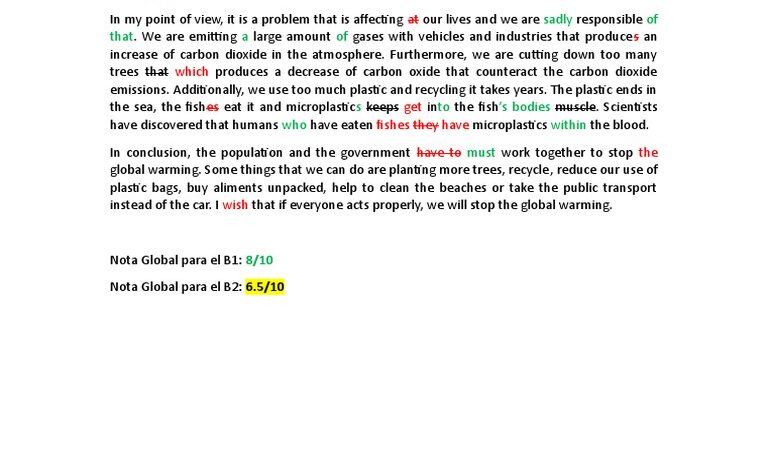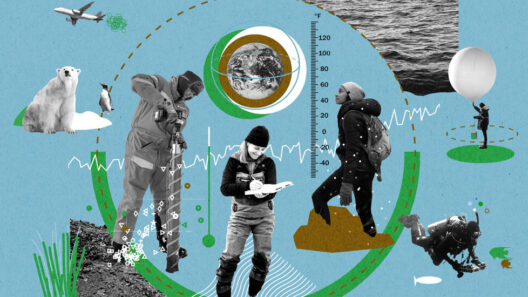Global warming is a pressing and multifaceted issue that elicits a wide spectrum of opinions across various demographics and regions. As the planet continues to warm due to anthropogenic activities, the awareness—and thus the emotional responses—associated with climate change have evolved. Understanding public sentiment about global warming is crucial in order to shape policies, galvanize community efforts, and ultimately foster a deeper commitment to environmental stewardship.
Regional variations in opinion on global warming are particularly pronounced. In the United States, for example, there exists a significant partisan divide regarding the reality and severity of climate change. Democrats tend to exhibit a high level of concern, often viewing global warming as an existential threat that warrants immediate action. In stark contrast, many Republicans remain skeptical of the scientific consensus, often attributing climate fluctuations to natural cycles, rather than anthropogenic factors. This dichotomy reflects broader societal trends, where political ideology becomes a pivotal lens through which climate issues are perceived.
In Europe, attitudes towards global warming are markedly different. Many European nations have taken considerable steps to combat climate change, influenced by a strong public consensus on the necessity of environmental action. Citizens often express profound concern not just for their own wellbeing, but for global ecological health as a whole. Surveys indicate that Europeans, particularly in countries like Sweden and Denmark, exhibit some of the highest levels of alarm regarding climate change. This sense of urgency is bolstered by national policies aimed at reducing carbon emissions and transitioning to renewable energy sources.
Across developing nations, perspectives on global warming can diverge significantly from those in more affluent regions. In countries that face immediate economic challenges, the primary focus may be on poverty alleviation and economic development, sometimes relegating climate change to a secondary concern. However, as the impacts of climate change intensify—exemplified by extreme weather events and shifting agricultural patterns—there is a growing realization of its far-reaching consequences. Communities in vulnerable regions, such as parts of Africa and South Asia, are beginning to recognize that climate resilience is inextricably linked to their social and economic stability.
This evolving sentiment demonstrates a remarkable shift in public consciousness. Increasingly, individuals are awakening to the role they play not only in climate change mitigation but also adaptation. The rise of grassroots movements around the world underscores a transformative realization—environmental advocacy is no longer the province of a select few; it is a collective responsibility that beckons to people across all walks of life.
Children and young adults, in particular, have emerged as fervent advocates for climate action. Fueled by a sense of urgency and betrayal from previous generations, they are rising to prominence on the global stage. Climate strikes led by young activists, such as those initiated by Greta Thunberg, have galvanized public interest and brought climate change back into the spotlight. This generational divide accentuates the notion that educational outreach and institutional reforms are crucial for shaping the beliefs and behaviors of future leaders.
Education plays a pivotal role in shaping public opinion on climate change. Comprehensive climate education that emphasizes scientific literacy, critical thinking, and the interplay between human activity and environmental change fosters a more informed citizenry. As individuals develop a nuanced understanding of global warming, they are often more inclined to advocate for sustainable policies and practices. Furthermore, the integration of climate change topics into school curriculums can spur curiosity, encouraging students to engage in discussions and initiatives that affect their communities.
Media representation also significantly influences public perception of global warming. The portrayal of climate-related events in news outlets and documentaries can either exacerbate fear or inspire hope. Sensationalist narratives that focus solely on doom and gloom can lead to apathy or despair—feelings that inhibit proactive engagement. Conversely, stories that highlight successful climate initiatives and community resilience can empower individuals, making them feel equipped to contribute positively to combating climate change. Indeed, portraying practical solutions can shift the narrative from one of despair to one of action and possibility.
Social media has emerged as a formidable platform for discussing climate change and sharing diverse perspectives. Campaigns trending on platforms such as Twitter, Instagram, and TikTok have the potential to reach vast audiences, creating a digital dialogue that transcends geographical boundaries. Hashtags like #FridaysForFuture and #ClimateStrike have sparked participation from millions, reflecting the collective sentiment of urgency felt by younger generations. The viral nature of information on social media can also amplify localized issues, drawing international attention to areas disproportionately affected by climate change.
Moreover, economic factors play a crucial role in shaping public opinion. The transition from fossil fuels to renewable energy sources, while necessary, can be daunting due to concerns about job security and economic stability. As countries grapple with this shift, it is essential to engage communities in conversations about the long-term benefits of sustainable energy solutions. Emphasizing how green technologies can generate employment and foster economic resilience may help mitigate resistance stemming from fears of economic loss.
Understanding public sentiment regarding global warming is a dynamic and multifaceted endeavor that requires continuous engagement and dialogue. As perceptions evolve, driven by education, media representation, and grassroots activism, it becomes increasingly clear that climate change is not merely an environmental issue. It is a social, economic, and ethical challenge that demands a united response across all spectrums of society. By fostering awareness, encouraging active participation, and nurturing a collective sense of responsibility, society can spur meaningful action in the combat against global warming.







